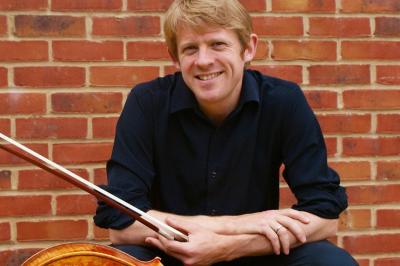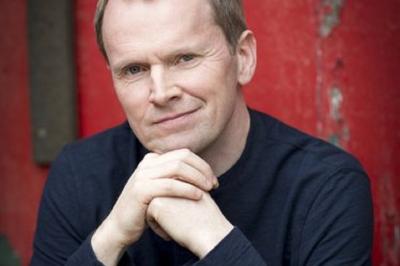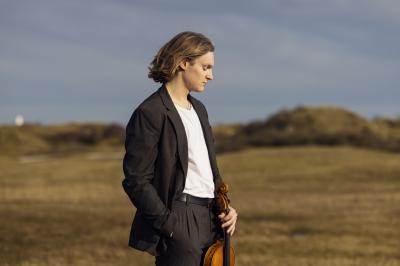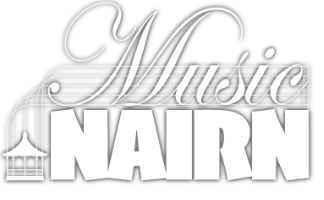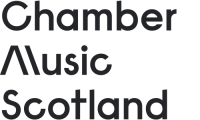Maxwell Quartet
The Maxwell Quartet are one of the most exciting groups in the Scottish chamber music scene at the moment, and at the same time one of the coolest! Poised as they are for a US tour – 45 days/45 concerts – there was something akin to Beatlemania at their concert for Music Nairn. They opened with a sparkling and witty account of Haydn's Quartet op 72 no 2, a work which they have just committed to CD. I can remember when Haydn Quartets used to be regarded as 'easy warm-up' pieces by performers – fortunately no more. The Maxwells' performance was deft and profound, and in the scampering and impossibly fast unison flourishes at the end, stunningly virtuosic.
It was at this point that we had the first of a couple of unprogrammed bonuses – a short set of traditional Scottish pieces, the Aberdonian fiddler/composer J Scott Skinner's The Flower o the Quern and the Hurricane sandwiching music by one of the group's violinists, George Smith. I suppose most Scottish string quartets could turn their hand to arrangements of traditional music, but not many of them could transform their playing into the vibratoless genuine purity necessary to bring it to life. This will go down a bomb stateside! Innovatively they have included this traditional repertoire in their CD, cheek by jowl with Haydn! Wisely the ensemble decided to ease us from JSS's whirling reel into the haunting soundworld of Gabriel Fauré's op 121 Quartet with an atmospheric arrangement of the Gaelic song Fear a’Bhàta, the Boat Song.
I love the late chamber music of Gabriel Fauré. As blindness and infirmity limited his physical experience in his late 70s, the elderly composer employed a lifetime of compositional experience to explore an uncanny world of apparently random harmonic progressions and startlingly original textures. The Maxwells quickly acclimatised us to this alien environment, and guided us with passion and authority through Fauré's dream landscapes.
Tchaikovsky's First Quartet is a work of engaging inspiration, which at every turn demonstrates its composer's complete mastery of writing for strings. The simple beauty of the Ukrainian folk melody of the famous Andante Cantabile usefully reminded us of the rich interplay between the traditional and the 'classical', and there is no way that playing Scottish traditional airs doesn't enhance an ensemble's understanding of phrasing and melodic shape. If some of the decorative arabesque figures in the upper strings sometimes seemed a little prominent, this was a beautifully crafted account of this lovely chamber repertoire.
In response to the stamping and clapping of an appreciative mob of mature teenyboppers, the Maxwells appropriately ended with a toe-tapping work by the 18th-century fiddler/composer Niel Gow, Drunk at Night, Dry in the Morning. My mind turned to my grandfather, an Orkney fiddler, who went to hear J Scott Skinner play in the 1920s, when, like Fauré, JSS would have been in his late 70s. Midway through a Strathspey the venerable master stopped abruptly and opined, 'If you lot don't stop tapping yer feet, I'm awa hame.' Fortunately the Maxwells are more tolerant of toe tapping and foot drumming, as they will need to be for what promises to be a triumphant tour of the states.
Forthcoming Events
